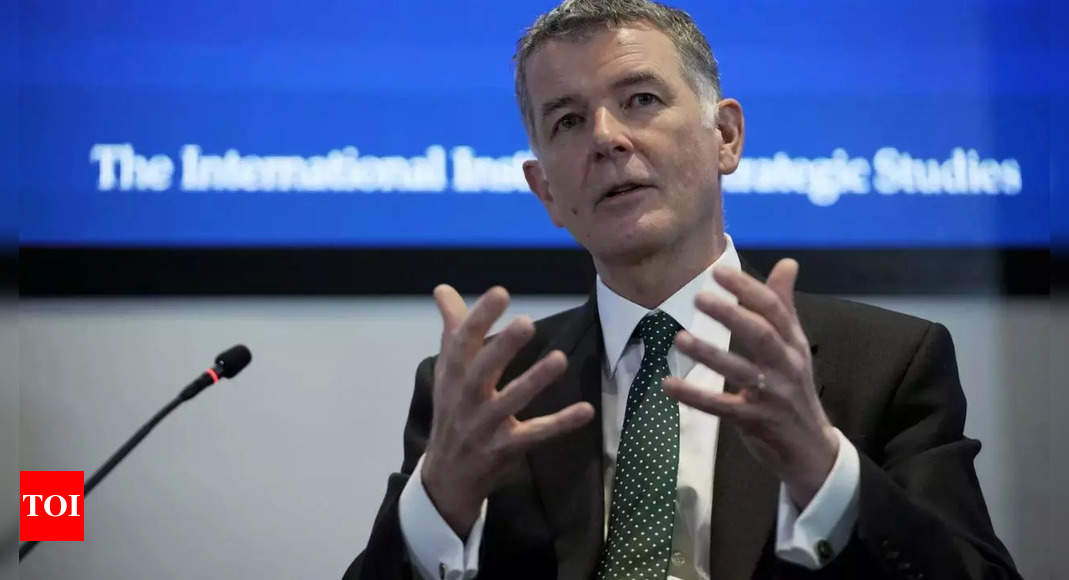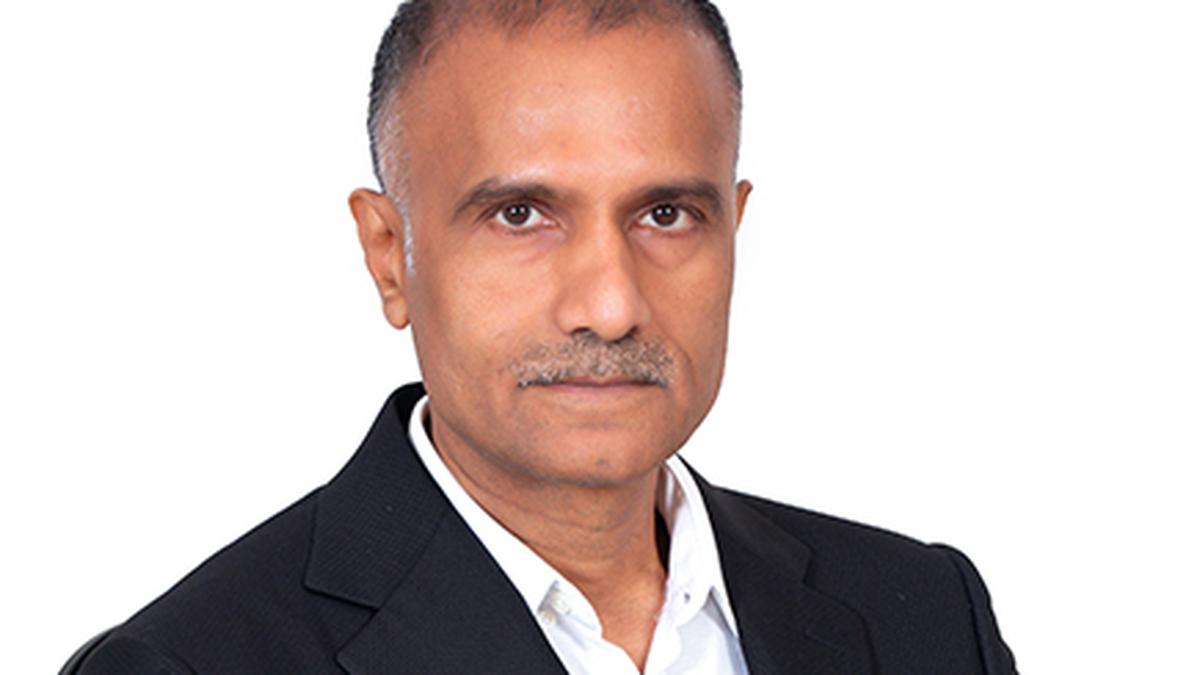The head of Britain’s foreign intelligence agency, Richard Moore, has expressed gratitude to Russian state television for its unexpected assistance in encouraging Russians to spy for the UK. During a speech at the British Embassy in Prague in July, Moore openly urged Russians to “join hands with us” in the face of their leaders’ “venality, infighting, and sheer callous incompetence.” Moore was surprised and thankful that Russian state TV translated and broadcasted part of his speech, as the MI6 had been pondering how to effectively deliver its message to Russians. This unexpected collaboration received mixed reactions.
Maria Butina, a former Russian spy and anchor on Russian state television, included a clip of Moore’s speech at the beginning of a September program about him. Butina seemed to mock the suggestion that Russians would spy for the UK and criticized Moore for employing “cheap recruiting methods.” She questioned whether Moore was genuinely asking Russians to participate in what she called a “shameless provocation.” Butina had spent over a year in a US prison after admitting her attempts to infiltrate conservative political groups and promote Russia’s agenda during the rise of former President Donald Trump.
Butina expressed shock at Moore’s interest in her show, labeling his position as “desperate” and “weak.” She questioned the competence of MI6, wondering if they were unable to translate their content from English to Russian and deliver their message to their intended audience. However, reports suggest that if Moore had watched the full program, he would have seen an “unpleasant and ugly” portrayal of himself and the MI6. Butina took pride in the fact that, after such negative exposure, no one would want to become a British spy. The engagement between Russian state TV and Moore’s speech highlights the changing motivations of Russians when it comes to sharing information with the West.
Previously, financial gain and personal motives dominated Russians’ decisions to pass information. However, since Russia’s invasion of Ukraine in February 2022, defectors have increasingly been driven by anger towards President Vladimir Putin’s government. According to Moore’s own speech, MI6 is open to these individuals offering their assistance, pledging to handle their secrets with discretion and professionalism. Nonetheless, potential Russian spies would be aware of the risks involved, as Russian agents have reportedly targeted and harmed citizens who have spied against Moscow.
The British government accused Russian intelligence agencies of attempting to assassinate Sergei Skripal, a double agent for Britain, in 2018. Skripal and his daughter Yulia fell ill after being poisoned with the military-grade nerve agent Novichok. Despite Russia denying any involvement, the incident strained diplomatic relations. Additionally, the UK government has recently accused Russian intelligence services of cyberespionage and interference in British politics. Russia has a history of providing television shows to former agents. For example, Anna Chapman, a Russian sleeper agent exchanged in the same swap as Skripal, was given her own show, “Chapman’s Secrets.” This incident involving Moore and Russian state TV echoes such practices.










